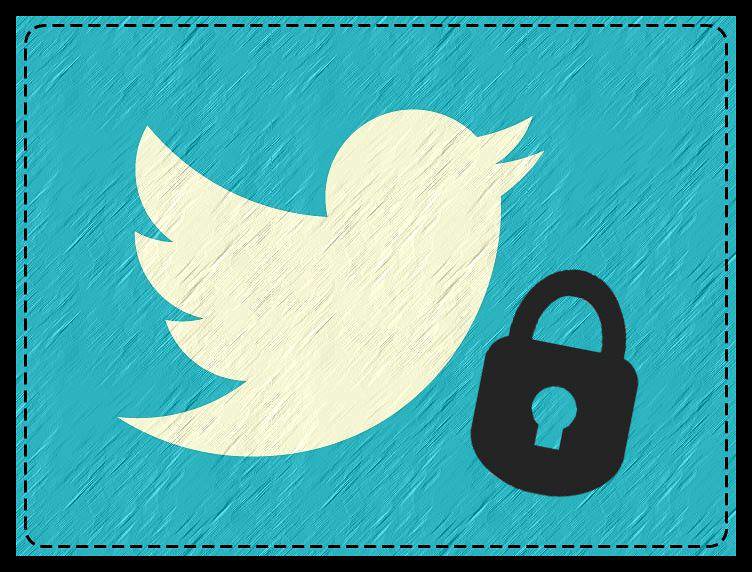In the era of a new Cold War, the internet is facing fragmentation, which means that bans, censorship and limitations seem to be inevitable. Russia has already started throttling Twitter’s activities in the country and President Vladimir Putin gave the media watchdog the power to block social media platforms. Will Moscow eventually completely ban all Western social networking sites?
Russian Foreign Minister Sergey Lavrov said in February that Russia was prepared to break off relations with the European Union if it continued with its planned sanctions against the Russian Federation. Such a statement could be interpreted as another empty threat from the Kremlin, given that Moscow is still heavily dependent on the West. However, in light of Russia’s attempts to limit the activities of Twitter, Facebook, YouTube, Telegram and TikTok in the country, Lavrov’s announcement could mean that the Kremlin intends to wage a “digital war” to undermine the influence the global social media have in the Russian Federation.
It is unlikely to be a coincidence that Margarita Simonyan, head of the Russia Today international television station and Sputnik information agency, publicly called for the banning of foreign social networks in Russia. The parody, however, lies in the fact that she announced that on Twitter using her iPhone. Still, Russia already has its own social media channels such as VKontakte, Odnoklasniki and Moi Mir. They are widely popular, not only in the Russian Federation but in many former Soviet republics as well. In an attempt to reduce Russian influence in the country, Ukraine banned those networks in 2017. Recently, Ukrainian authorities ordered the country’s internet providers to block an additional 426 sites. Kiev had previously unplugged three television networks linked with the Kremlin-backed Opposition Platform for Life. Although such actions are part of the “de-Russification” of the Eastern European country, there are indications that Ukraine is actively preparing for a potential conflict escalation in the Donbass, which is why the authorities are rushing to “clean” the media space.
Moscow is reportedly doing almost the same thing, although at this point the Kremlin seems to be more concerned about potential protests at home following the recent arrest of the opposition figure Alexey Navalny, rather than a possible wide-scale hostilities in the Donbass. On March 10, Russia slowed down the speed of Twitter in retaliation for its alleged failure to remove banned content. The Russian authorities also threatened a total block if the US platform did not comply with its deletion demands. It is believed that Russia’s slowing down of Twitter caused the outage of government websites, given that there were reports of the Kremlin, Russian Parliament and the Russian Government web pages briefly going down.
In any case, Russia’s action was meant to be another warning to global platforms. It is worth noting that the Magistrate’s Court of the Tagansky District of Moscow, after Roskomnadzor – the Federal Service for Supervision of Communications, Information Technology and Mass Media – had already fined Twitter and Facebook four million rubles (54,206 USD) for refusing to transfer servers with user data to Russia. On the other hand, in February Twitter blocked the account of the Russian delegation at Vienna’s security talks, which suggests that relations between the Kremlin and the US social media will unlikely be resolved any time soon.
The United States accused Russia of hacking American government agencies and corporations late last year and threatens to retaliate. To this day, it is unknown if Russia accidentally shut down government websites on March 10 after it slowed down Twitter, or if the US has already retaliated. Indeed, pro-Kremlin commentators suggested the outages may have been the result of a US cyber-attack, although it is widely believed that Roskomnadzor had been experimenting with new technology. Given that Russia was technically unable to block Telegram in 2018, it is quite questionable if it would manage to do serious harm to Twitter, let alone hack the US government sites.
Indeed, in the near future, foreign legal entities such as Facebook, YouTube, Instagram, Twitter, and TikTok could be obliged to pay to the budgetary system of the Russian Federation “tax for Russian bloggers from blog advertising revenue”. Such a step is expected to lead to an increase in revenues from the activities of Russian bloggers to the budget, says the plan published by the Russian Ministry of Digital Development, Communications and Mass Media. The desire of the state to regulate the blogosphere is quite understandable, although it is not very likely that the idea will be implemented given that the authorities did not manage to even register all the bloggers operating in the country. In order to tax internet giants, the Kremlin would need to make sure the companies open full-fledged representative offices in Russia, comply with previously adopted laws and then put forward new demands on them. It remains to be seen what the result of the proposed bureaucratic methods will be.
There are fears, not only in Russia but around the globe, that regulation of the internet aims to end the right to freedom of opinion and expression. Indeed, if relations between Russia and the West deteriorate, censorship and counter-censorship could easily become the norm, while internet platforms could be used in the interests of waging information wars and manipulating the minds of large masses of citizens.
Image credit: Esther Vargas

